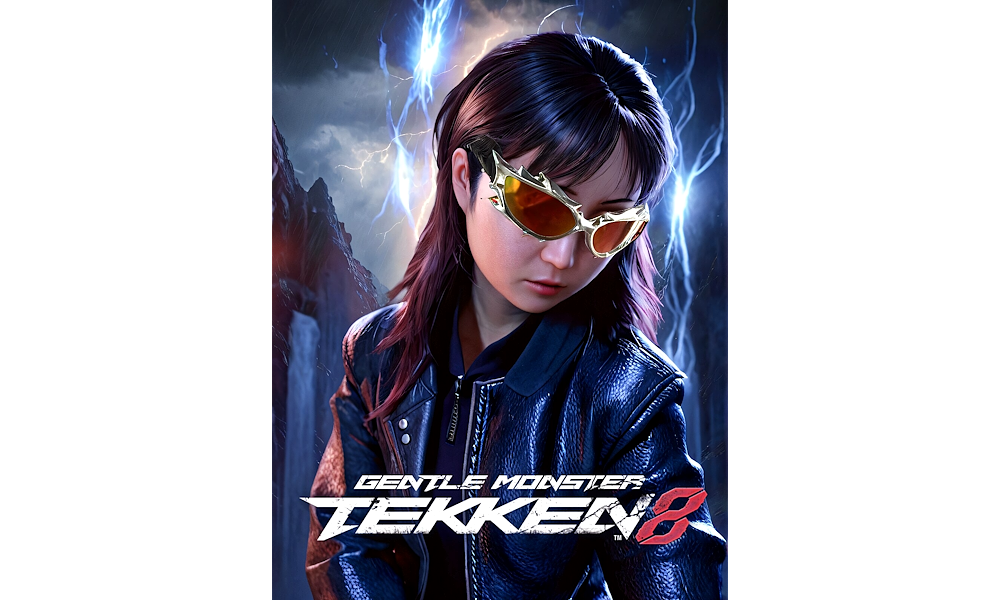
Artificial intelligence is transforming the fashion industry as it continues to grow in influence, affecting everything from design and trend forecasting to brand campaigns and inventory management.
Global luxury brands were among the first to adopt AI, with giants like Louis Vuitton and Prada leading the way.
LVMH Group, parent company to luxury brands such as Louis Vuitton, uses AI to improve demand forecasting, inventory management and product recommendations, in partnership with Google’s AI technology.
In August 2024, Bernard Arnault, chairman of LVMH, announced a $300 million investment in five AI-focused companies through his venture capital arm, Agla Ventures.
Prada has also embraced AI, teaming up with Adobe in March 2023 to implement real-time customer data platforms and tools that optimise the customer journey. These tools offer personalised brand experiences by analysing customer preferences.
Moncler took AI integration a step further in February 2023 when it unveiled an AI-generated advertising campaign during London Fashion Week.
The campaign was produced entirely through generative AI in collaboration with Maison Meta. Other brands, including Gucci, Yves Saint Laurent and Cartier’s parent company Richemont, use AI for trend prediction and inventory management.
In South Korea, fashion platforms such as Ably and Zigzag are also leveraging AI as a core competitive advantage.
AI-powered personalised curation and consumer behaviour analysis are key to boosting sales and retaining customers.
Ably’s AI algorithm analyses consumer purchasing patterns to provide recommendations, contributing to a 60 per cent increase in simultaneous purchases in the fashion and beauty category.
Ably has further enhanced its AI offerings with an “AI Profile” virtual fitting service, which has become especially popular among consumers in their 20s and 30s.
Following its launch, the service’s page traffic surged 2.7 times, and sales grew fivefold within just two months.
Zigzag, another major South Korean shopping platform, is refining AI-powered product recommendations and personalised shopping experiences.
The platform uses AI to tailor search results, generate customer-specific promotional plans and even create automated planning for promotional events. Zigzag is also enhancing its AI-based personalised recommendations for everything from product selection to advertisements.
Though vast product catalogues were once the hallmark of competitive fashion platforms, AI-driven product recommendations are now the differentiator. Industry experts predict an accelerated adoption of AI technologies such as virtual fitting, personalised recommendations and image search.
“The challenge is for AI to be seamlessly integrated into shopping experiences. Fashion platforms are continuously refining AI models, which play a crucial role in determining the future growth of these platforms,” said an industry insider.
AI technology focused on generating new designs is also driving innovative new services within the fashion sector.
Viseversa, a fashion AI start-up founded in 2023, launched its VIIMstudio beta service aimed at assisting fashion designers with AI-powered design creation.
Unlike traditional methods that involve searching for design references on platforms such as Pinterest, VIIMstudio’s AI analyses and generates new designs, significantly reducing the time needed to produce creative results. The service has already partnered with over 30 brands, including Kolon FnC and Nerdy, and plans to expand to 100 brands this year.
Generative AI is rapidly gaining traction in the fashion industry and consulting firm McKinsey predicts that 85 percent of fashion companies will adopt the technology this year.

In South Korea, eyewear brand Gentle Monster has embraced AI in its design process, analysing popular design elements from past collections and blending them with current fashion trends to create new designs.
“AI does more than just accelerate the design process. It is amplifying creativity,” said Kim Han-kook, design director at Gentle Monster.
The company has also introduced AI-driven personalised fitting services and in-store virtual fitting systems to enhance customer experiences and marketing strategies.
AI’s integration into fashion is not just about technology but also about transforming the way fashion businesses operate and ultimately shaping the future of the industry.
ADVERTISEMENT
ADVERTISEMENT








































